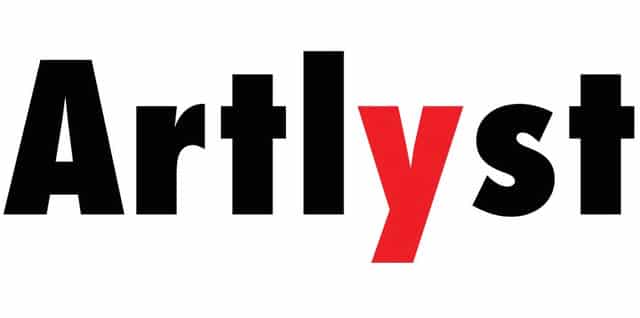Bonhams, one of the world’s oldest auction houses, has changed hands once again, raising questions about the viability and expectations of the auction group. European private credit firm Pemberton Asset Management has acquired the company from private equity group Epiris for an undisclosed sum, bringing to an end six years of rapid international expansion under Epiris’s ownership.
The news was communicated internally this week via an email from Hans-Kristian Hoejsgaard, chairman of Bonhams’ board, who described the acquisition as “the start of a new chapter for Bonhams,” confirming that Pemberton—already a lender to the company and backed by Legal & General—had assumed full ownership.
The change in control has prompted a leadership reshuffle. Bonhams’ global CEO Chabi Nouri and chief commercial officer Céline Assimon, both based in London, have left the business. Nouri, who joined in August 2023 after senior roles at Piaget and the Mirabaud Group, had been tasked with steering Bonhams through its next phase of digital and regional growth. Assimon’s tenure was even shorter, having joined last May.
Hoejsgaard will remain chairman, while Seth Johnson steps in as CEO, joined by Liese Thomas as CFO and Jennifer Babington as COO. Pemberton partners Chris Ellerker and Mohit Agarwal will join the board, replacing Epiris representatives Owen Wilson and Zoe Lai. Bonhams’ current CFO/COO, Alex Lejeune, will stay until year-end to assist the transition.
Epiris’s decision to sell follows its aborted attempt in 2023 to float Bonhams for around $1 billion, reportedly through JP Morgan. The valuation proved optimistic in a slowing auction market that has seen both consolidation and contraction since the post-pandemic surge.
Since acquiring Bonhams in 2018, Epiris has pursued an aggressive strategy of mergers and geographic diversification. The company absorbed several regional houses—including Sweden’s Bukowskis, New England’s Skinner, Denmark’s Rasmussen, and, in 2022, the Paris-based Cornette de Saint Cyr—expanding Bonhams’ network to fourteen sale rooms worldwide. Revenues reportedly passed the $1 billion mark in 2022.
The sale to Pemberton, described internally as a “debt-free reset,” positions the firm for what Hoejsgaard called “strategic flexibility and balance sheet strength.” A spokesperson for both companies said the new ownership structure “removes the debt overhang” and will “support long-term growth ambitions.”
Bonhams, founded in 1793, has in recent years repositioned itself between the elite and mid-market sectors—a hybrid model that has weathered economic turbulence better than some rivals. “Despite a challenging market, Bonhams’ resilient performance has been supported by investments in technology and a broader client offer across 60 departments,” Hoejsgaard said, While no financial details were released, the acquisition underscores a broader trend in the art market: the increasing role of private credit and alternative investment vehicles in owning or financing cultural assets once dominated by traditional private equity or family shareholders.
For Bonhams, the shift to Pemberton marks not only a new owner but a test of whether a credit-led model can sustain a 232-year-old auction business in an art market that now demands both global reach and digital agility.
Photo: P C Robinson © Artlyst 2025


